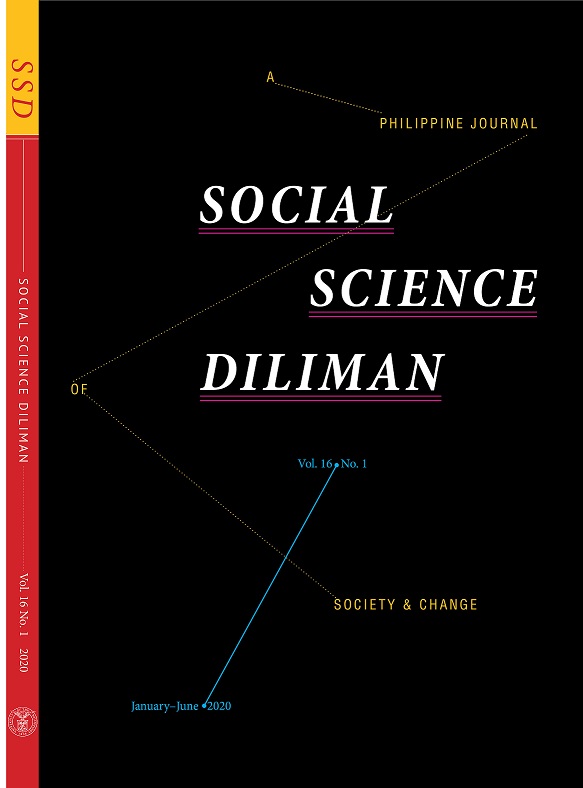Can trees have standing?: An argument against conferring legal rights upon natural objects on the basis of guardianship
Abstract
In Should trees have standing? Christopher Stone argues that there are sufficient grounds to confer legal rights upon natural objects such as forests, rivers, and oceans. These rights would enable them to sue corporations and other third parties in court for inflicting environmental damage as a consequence of business operations, thereby granting them the same legal powers that are accorded to human plaintiffs who sue other humans for inflicting injury upon them. Recognizing natural objects as rightsholders would require the court to appoint legal guardians to stand on their behalf, in much the same way that relatives of disabled and incapacitated persons are allowed to represent their interests against parties that have allegedly injured them. Stone provides three arguments to support his claims: an argument from increasing historical inclusivity, another from the compositionality of interests, and one from the knowledge of nature.
This paper raises a series of objections to the philosophical premises underlying these arguments. They may be rejected on political, ontological, and epistemological grounds, and can be shown to be incompatible with widely accepted philosophical theories and legal practices. These objections will partly explain why environmental legislation has been met with staunch resistance by various public sectors on many occasions. Philosophers, lawyers, and judges alike frequently reject the soundness of arguments of this character.
As an alternative, this paper shall outline a framework for the legal protection of natural objects. Such a framework shall be contrasted with Stone’s on three grounds: it emphasizes duties rather than rights as grounds of legislation, it favors humanistic over naturalistic reasoning, and it argues that there is strategic value in appointing legal custodians for natural objects instead of legal guardians. The framework is then applied to analyzing Joel Feinberg’s argument on the rights of future generations of persons as an alternative basis for lobbying for environmental legislation. This work concludes by suggesting that Feinberg’s argument, with some modifications introduced by the author, provides a sounder philosophical basis for protecting natural objects than what Stone has provided.


